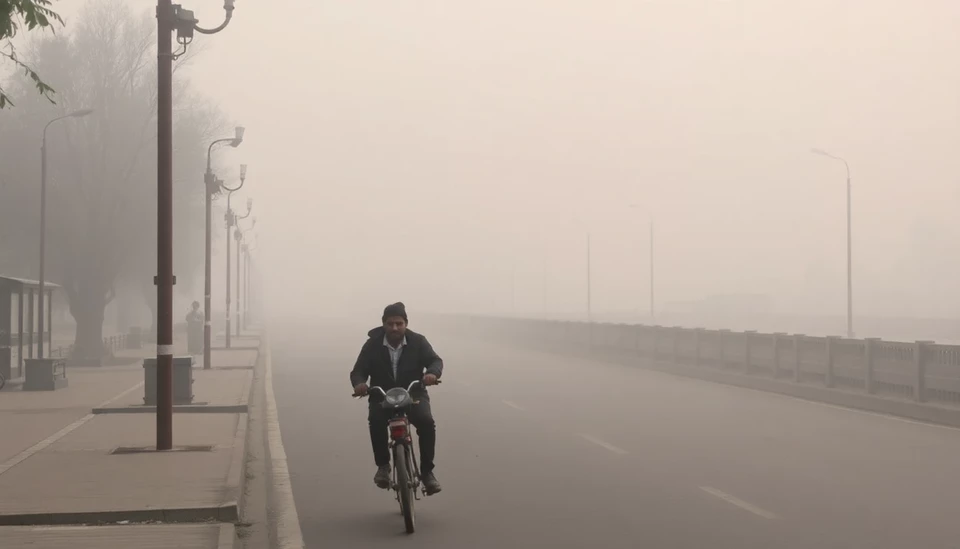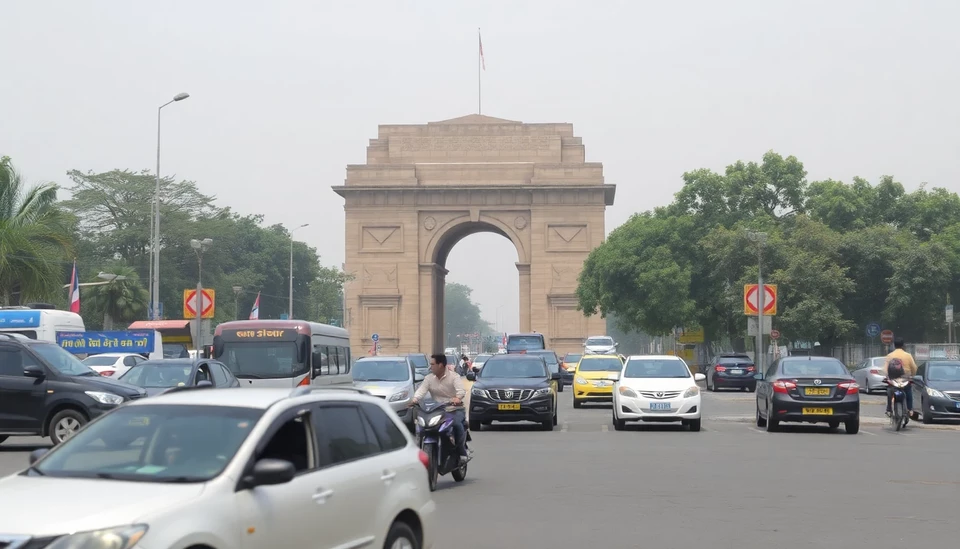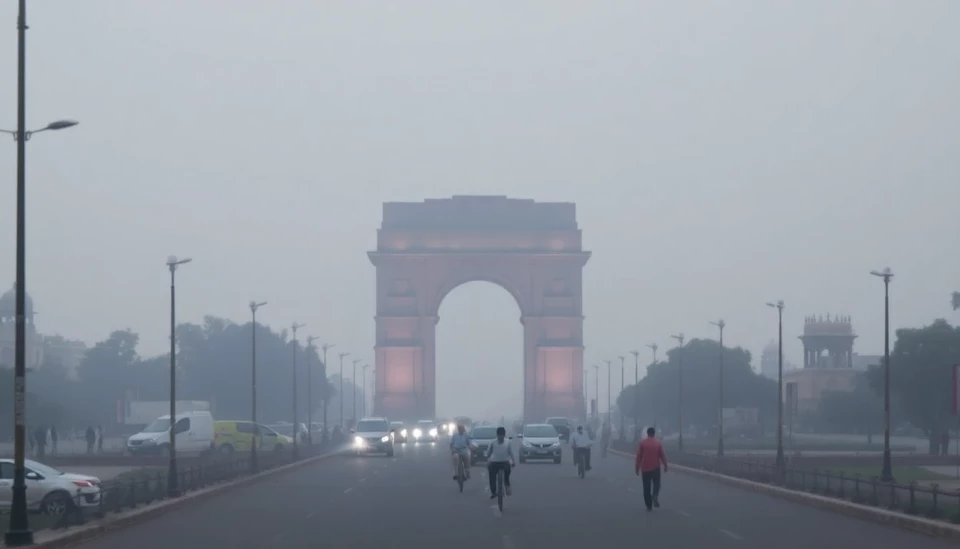
In a troubling turn of events, nearly 50% of Delhi's population is now seeking medical help due to the city's alarming air quality, which has been deemed the worst in the world. The dire situation has sparked serious health concerns among citizens as the hazardous levels of pollution continue to rise, primarily attributed to seasonal changes and local practices.
The air quality in the Indian capital has plummeted to hazardous levels, with particulate matter readings soaring well above the national safety standards. Reports suggest that hospitals are seeing a dramatic surge in patients complaining of respiratory issues, asthma attacks, and other pollution-related ailments. This public health emergency calls for immediate action from both governmental and local authorities.
One of the most significant contributors to this environmental crisis is the practice of stubble burning, which sees farmers clear fields by setting fire to leftover crop residue. This tradition has been exacerbated by a lack of effective management strategies, leading to a thick blanket of smoke that permeates the city, particularly in the winter months when adverse weather conditions trap pollutants closer to the ground.
Alongside agricultural practices, urban emissions from vehicles and industrial activities play a major role in the deteriorating air quality. The city’s dense population and heavy traffic contribute to a sustained increase in harmful emissions, creating a compounded effect on public health. Environmentalists have long warned about the impending health repercussions, and the current rise in medical consultations reinforces these concerns.
As residents grapple with the unhealthy air, some have resorted to wearing masks and avoiding outdoor activities, particularly during peak pollution hours. Schools and institutions have also taken preventive measures, encouraging online classes or restricting outdoor activities to safeguard children from the adverse effects of poor air quality.
Delhi’s authorities have been urged to implement stricter measures aimed at reducing pollution levels. Initiatives such as promoting electric vehicles, enhancing public transport, and regulating construction activities have been hailed as potential solutions. Furthermore, increasing public awareness around the health implications of pollution is vital to equip citizens with knowledge on how to navigate this crisis.
In summary, the current air quality crisis in Delhi reflects a growing public health emergency, with nearly half of its residents seeking medical help due to pollution-related health issues. Urgent action is needed to combat these environmental challenges as the city's inhabitants continue to suffer from the effects of this severe air quality decline.
#DelhiPollution #AirQualityCrisis #HealthEmergency #PublicHealth #EnvironmentalIssues
Author: Peter Collins

